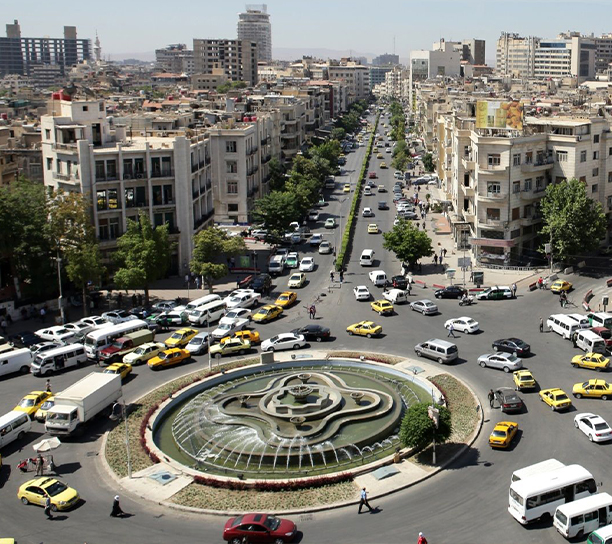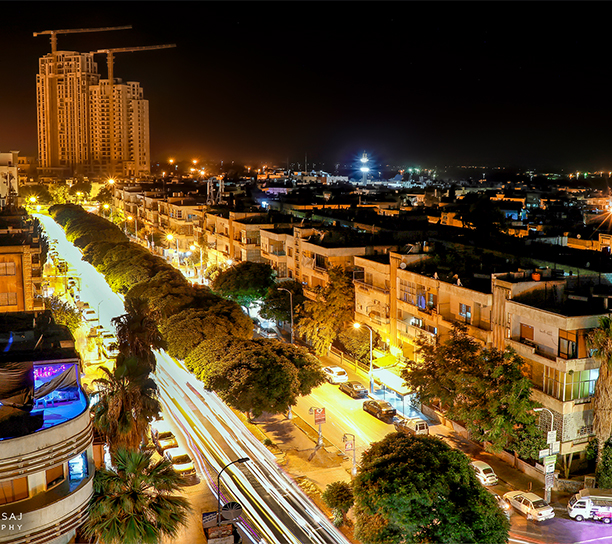Cost of rebuilding Syria
The Cost of Rebuilding Syria Could Reach $300 Billion
Dr. Jalal Qanas, an assistant professor at the College of Economics at Qatar University, stated that it is currently difficult to evaluate the Syrian economy or the state of the local currency, the Syrian pound, due to the country’s relatively unstable security situation and the uncertainty surrounding future developments.
“The economic situation is somewhat collapsed, with economic institutions in disarray since the start of the war. Even before that, there were economic problems related to corruption, income distribution, poverty, unemployment, and more,” he explained. “There has been a collapse across all state institutions, including financial, economic, agricultural, and industrial sectors.”
Dr. Qanas emphasized the current period as a time to restore trust in the Syrian economy through establishing security and political stability, which will be the cornerstone of this phase. Additionally, rebuilding societal cohesion and re-establishing essential state institutions related to education, healthcare, and infrastructure are critical.
The Syrian Pound and Economic Confidence
He noted that discussions about the Syrian pound and restoring confidence in the economy can only take place after achieving security and political stability.
Reconstruction Costs
Regarding the cost of Syria’s reconstruction, Dr. Qanas estimated it to range between $200 billion and $300 billion, possibly more. The timeframe for rebuilding will depend on restoring security, reviving the economy, and the return of skilled labor and intellectuals.
International Trust and Economic Revival
Dr. Qanas highlighted the importance of rebuilding trust with the international community and global financial institutions to restore infrastructure and essential economic sectors like agriculture, industry, and financial institutions.
He also stressed the crucial role of Syrian investments and intellectual capital from abroad in rebuilding Syria and regaining the trust of the global community. The active participation of Syrians, both inside and outside the country, will play a significant role in forming a modern Syria.
Current Economic Challenges
A World Bank report revealed that the captagon trade is currently one of the most significant contributors to the Syrian economy, especially in generating foreign currency. Dr. Qanas affirmed that the new administration will focus on combating this issue to rebuild trust in the state.
He added, “I believe there will be a strong effort to dismantle this sector and a return to fundamental sectors like agriculture, industry, and trade.”
The Role of the Syrian Diaspora
Dr. Qanas expressed optimism about the future, noting the presence of a highly educated and skilled Syrian diaspora. Their return could be instrumental in the reconstruction process, particularly in the technology sector.
“We have a golden opportunity for the future,” he concluded.


